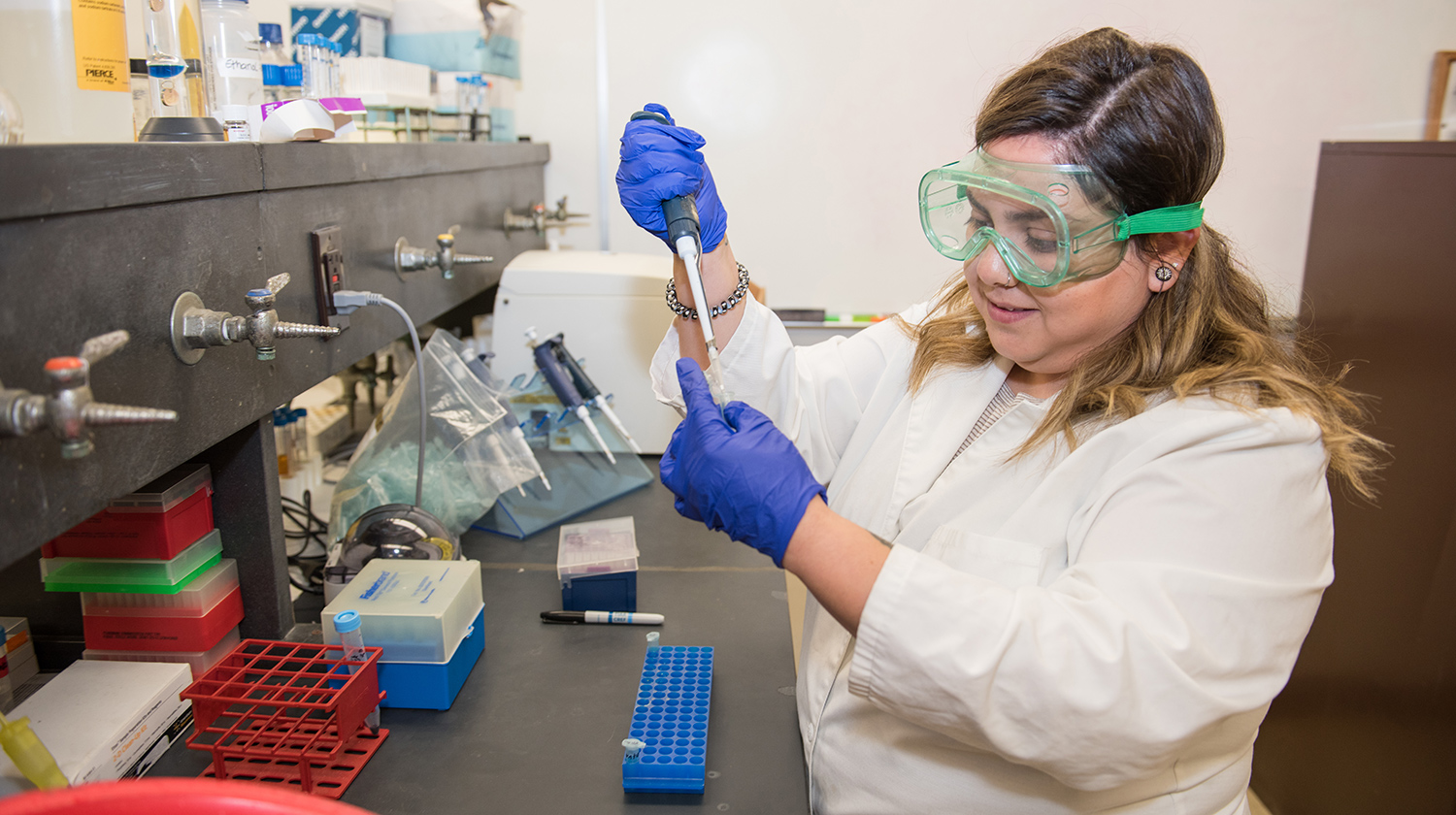
Tackling a spectrum of investigative topics, California State University, Dominguez Hills (CSUDH) students in the university’s federally funded scholarship programs–McNair Scholars, Research Initiative for Scientific Enhancement (RISE), Maximizing Access to Research Careers (MARC) and Undergraduate Student Training in Academic Research (U*STAR)–explore, experiment, publish, and present their research in a variety of disciplines. Their rigorous investigations are part of an education preparing them for advanced degrees.
Eight graduating seniors in these programs talk about their research and personal growth along with their plans for the future.
McNair Scholars
The Ronald E. McNair Post-baccalaureate Achievement Program was established in the name of the late NASA mission specialist who perished in the 1986 Space Shuttle Challenger explosion. Focusing on underrepresented college students, the program encourages and prepares students to pursue Ph.D. degrees. In addition to individualized academic support and advisement, scholars receive a summer research stipend and travel funding to research institutions and conferences.
Chasing the Herd Mentality
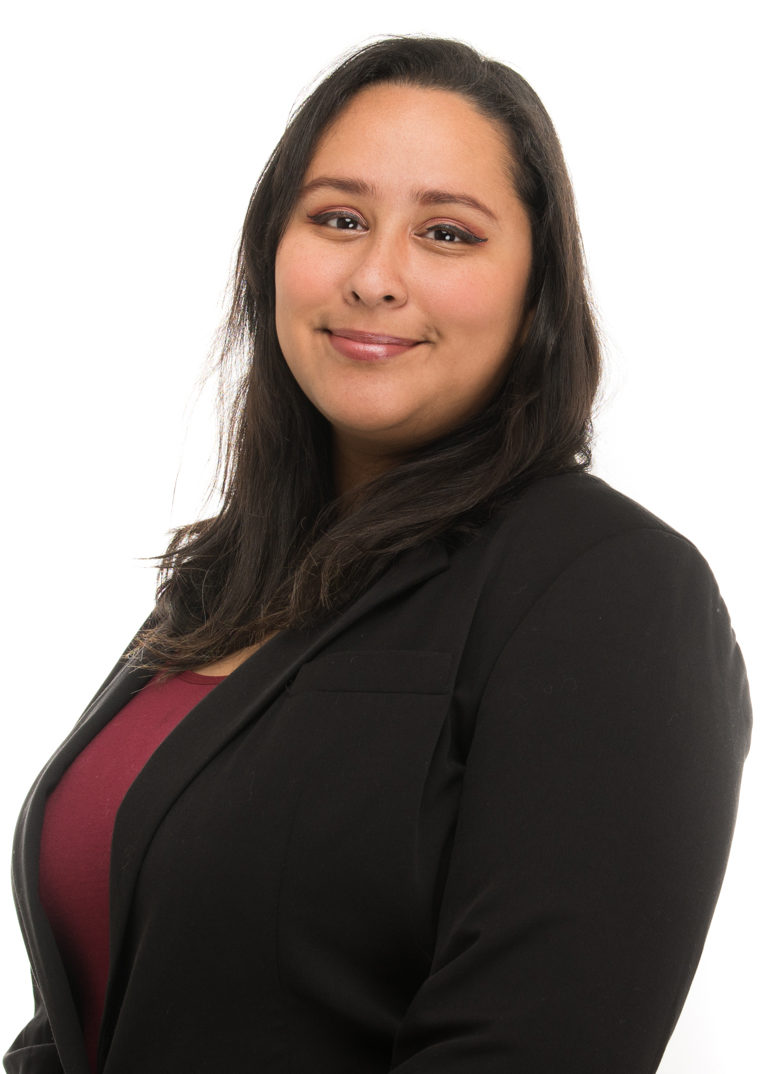
As Amaranta Ramirez witnessed the spread of misinformation on social media in 2016, she wondered: “Why would people so readily believe stuff they read online?” As she explored the idea, she discovered the theory of social herding.
A McNair Scholar and psychology major who will graduate in 2019, Ramirez has embarked on a research study, “Examining social herding behavior on social media in college students.” She gathered data from teenagers last fall.
“We’re influenced by the opinions of others, and even more so when other people begin to adopt the same opinions. That’s the core of social herding,” she says. “It’s the spread of ideas without a central leader, and this happens so easily online.
“Having awareness of this phenomenon can perhaps help us recognize it and know when we are being influenced.”
Ramirez will attend graduate school at UC Santa Barbara, and while the McNair Scholar experience has been valuable to her in many ways–including social support, writing experience, and illumination and assistance in navigating the graduate school application process–she says one of the most instructive aspects has been the data analysis within her research. “You get to take the data you’ve gathered and make sense of it. Whether your theory was correct or not, you always learn something,” she says.
“I believe my research is important in understanding how we function and socialize online, as well as knowing how other people can affect our judgement and opinions without being face to face.”
Black Students and the Trauma of Police Contact
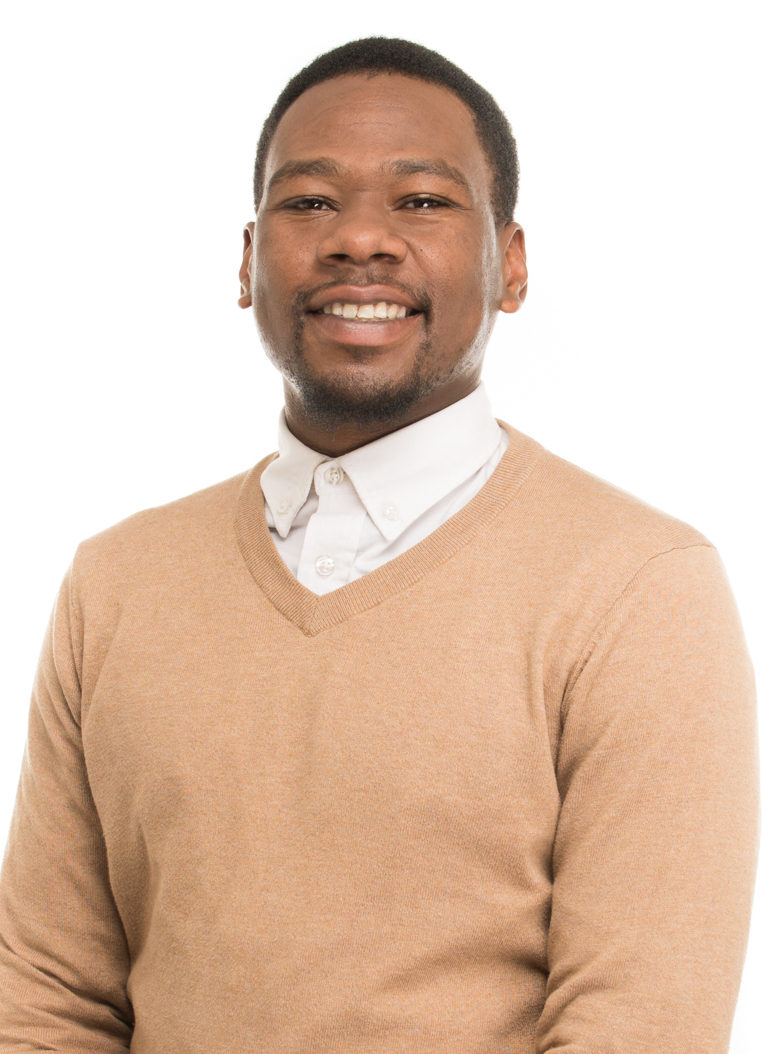
When Robert Head III was 8 or 9 years old, his favorite cousin, Larry “Poppy” Moore, was killed by a police officer. “He was innocently murdered just before his 21st birthday. My aunt sought justice to no effect. Unfortunately, this phenomenon is common within the black community and has resulted in centuries of trauma,” says Head.
“This trauma has the capacity to extend into the university setting and can potentially affect the health, wellbeing, and academic success of black students, especially in university settings where the police force is militarized.”
Head, a McNair Scholar and 2019 Africana studies and psychology major, is researching the psychological effects of police contact on black students in higher education.
With guidance from mentor Justin Gammage, assistant professor of Africana studies, Head created a survey assessing the psychological effects of police presence on black students. The study gathers information about the physical, verbal, and vicarious contact with police on campus. He says he considers this opportunity both an honor and a duty.
“I am able to use my culture to provide empirically driven solutions for problems in my community, as well as advocate in spaces where traditionally our voice is not heard. While growing up, I could understand it, but I did not necessarily have the vocabulary to articulate it,” says Head, who has been accepted to the Howard University’s clinical psychology Ph.D. program.
“Now, being trained academically, I am able to describe and label through research the covert oppression my community experience.”
The Women of Little Saigon
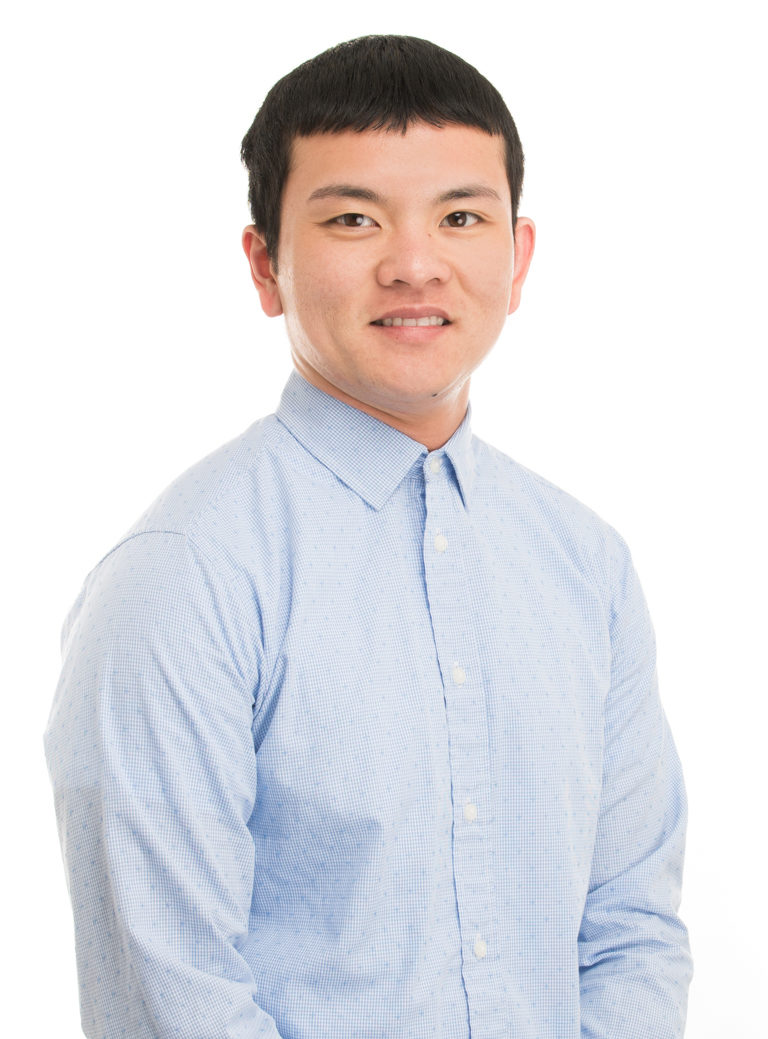
“Growing up, I shied away from my Vietnamese roots and community because I was embarrassed by my culture,” says Thaithao Nguyen, who spent a lot of his childhood in Westminster’s Little Saigon. “I only indulged in my people’s foods, but I didn’t take the time to learn our history.”
Nguyen, a McNair Scholar majoring in history with a minor in Asian Pacific studies, examined women of colonial Mexico in 2017, and the newfound knowledge helped him decide to study the history of first-generation Vietnamese women in Little Saigon.
“Women of color are one of the many groups that stand at the intersection of marginalized identities. Their history is always told last or not at all within the realm of academic scholarship,” says Nguyen, who graduates in 2019 and will pursue a dual-Ph.D. in the women’s studies and history program at the University of Michigan.
“For first-generation Vietnamese women, their legacies are usually passed on through oral storytelling to their children, and with the loss of language comes the loss of this history. Many of these women also perform work in specific fields that are part of the underground or second economy, making their presence within historical surveys difficult.”
During summer 2018, Nguyen participated in UC Irvine’s summer research program, delving into literature about Little Saigon and conducting original interviews; he presented his findings at a UCI symposium.
“Overall, [the record of] Vietnamese women’s history is rather minimal,” says Nguyen. “Any additional work to highlight and preserve their stories would be, in my opinion, an asset to the Vietnamese community.”
A Public-Health Concern in Italy
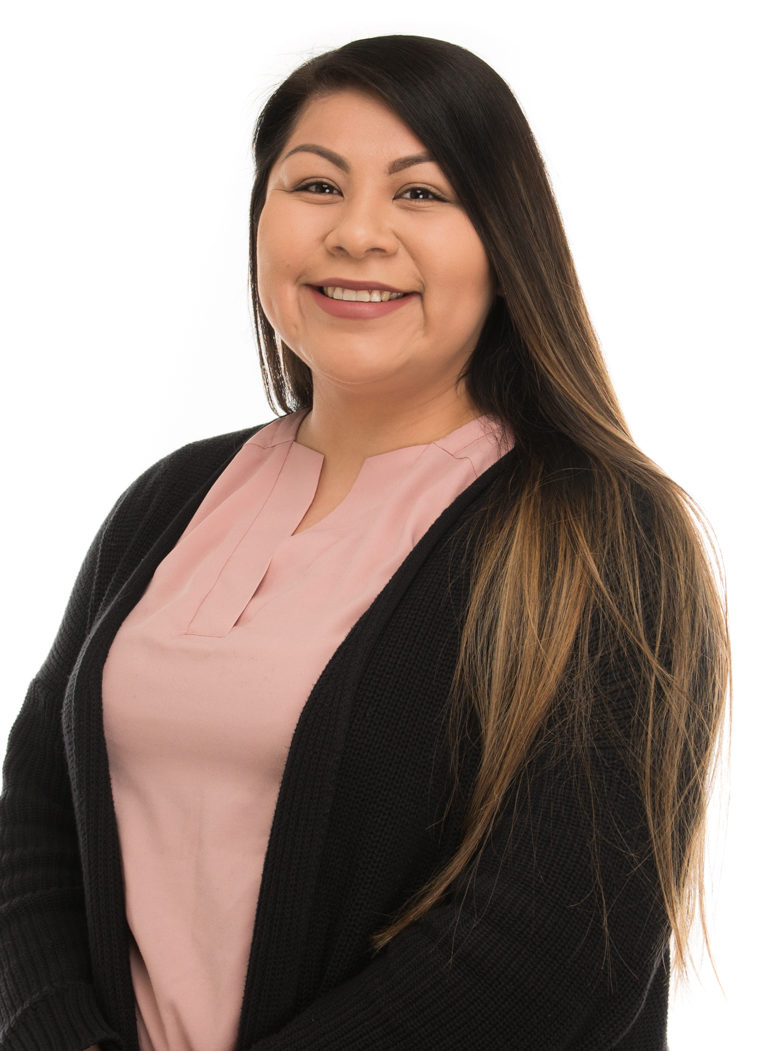
McNair Scholar and health science major Stephany Ortiz Chavez is conducting secondary analysis from a study that was previously investigated among adolescents in Italy. “I am taking variables from the larger study and analyzing where there is a relationship between parenting styles and adolescent alcohol use,” she says. “I’m finding that there is a difference when we take into account the amount of time adolescents are spending with their friends.”
There is little research on the topic of alcohol consumption among adolescents in Italy even as there’s been an increase in substance use over the last couple of years within this population, according to Ortiz Chavez, whose stated research topic is “Amount of Time Spent with Friends as a Moderator of The Relationship Between Parenting Styles and Adolescent Alcohol Use.”
“It is important to understand why this trend is occurring, to identify the risks and protective factors, and develop ways to address this major public-health concern,” she says. Ortiz Chavez participated in the University of Michigan’s summer research program, and following her 2019 graduation from CSUDH, this first-generation college student will attend University of Michigan’s School of Public Health to earn a master’s in public health.
Gathering transcontinental information is a challenge Ortiz Chavez has embraced. “The most interesting part of this research is that I get to work with data from an entirely different country,” she says. “Not only have I learned more about health behaviors, but I also get insight into their culture and how it is really different from ours in the United States.”
Research Initiative for Scientific Enhancement
The RISE grant funds 14 undergraduate biomedical research positions, and these students, who are from underrepresented communities, participate in a program designed to prepare students for their pursuit of Ph.D. degrees. Students receive a research salary along with funding for laboratory supplies and a travel allowance for scientific meetings.
A Career in Cancer Research
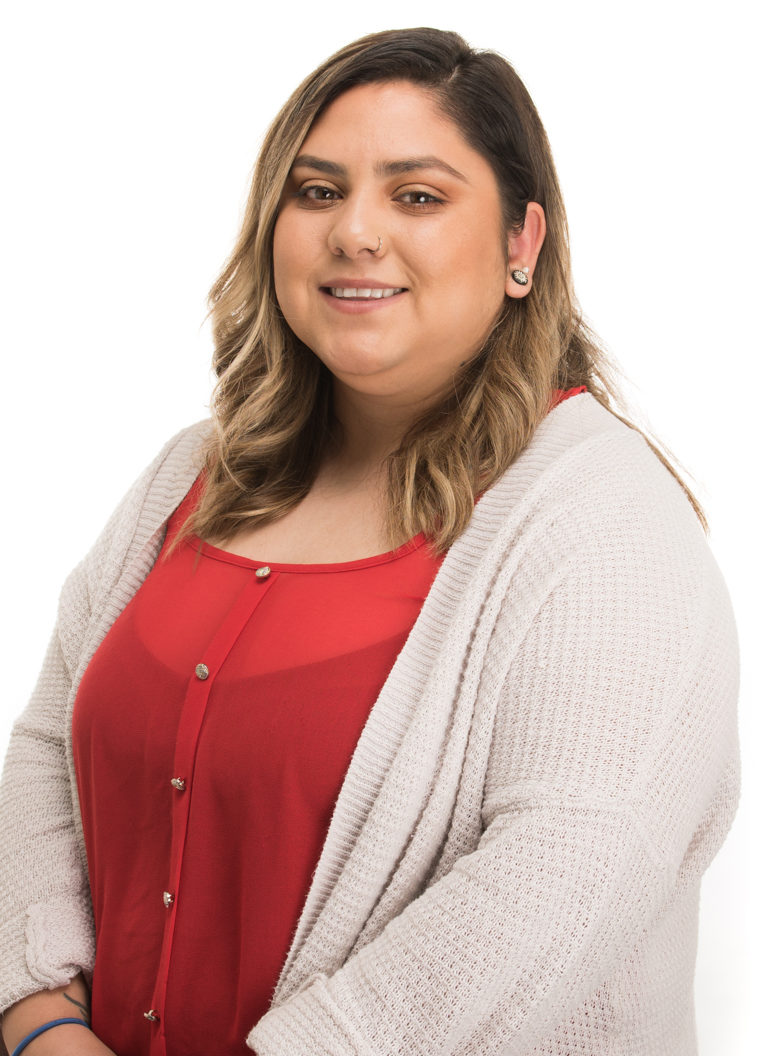
Last summer, Maria Nava participated in the Summer Research Opportunity Program at Purdue University and assisted in research on castration resistant prostate cancer.
Nava’s interest in cancer research reaches back to high school when she also spent a summer in a research lab at University of Southern California. “I knew then that I wanted to be involved in research related to cancer once I began my undergraduate career.”
Currently a RISE student majoring in cell and molecular biology at CSUDH with plans to graduate in 2019, Nava is screening natural plant products for cytotoxicity for potential drug discovery.
“This is interesting because the development for more efficient drug treatments is urgent in cancers like glioblastoma, a brain cancer, which is a difficult cancer to treat,” says Nava. “I also find it fascinating that we use natural products as our base for the drug development, because growing up, I would think it was pretty amazing how my mom and grandmas would always have a homemade remedy with natural products found in our back yards. These plants helped with our headaches, tummy aches, and many other things.”
Nava is headed to the University of Illinois at Urbana-Champaign in fall 2019, where she will pursue a Ph.D. in the pathobiology department and potentially a career in the drug development industry for cancer and infectious diseases.
She reflects the opportunities she’s had, including the RISE program and valuable mentors – Chemistry and Biochemistry Professor Tieli (Tilly) Wang and Chemistry Professor Patrick Still. Nava also recently presented her work at the national conference of the Society for Advancement of Chicanos/Hispanics and Native Americans in Science, and says, “I would also like to give back to my community and teach and motivate students to pursue graduate school and mentor them about the options they have.”
Maximizing Access to Research Careers and Undergraduate Student Training in Academic Research
The MARC and U*STAR programs support six honors-level students underrepresented in the biomedical and behavioral sciences and prepare them as competitive entrants in Ph.D. programs. Trainees received a monthly stipend and participate in activities that strengthen their math and English skills, writing workshops, career development, summer research training, and a research seminar series.
The RISE, MARC and U*STAR programs integrate student researchers in the laboratories at CSUDH, Los Angeles Biomedical Research Institute, Harbor-UCLA, and Charles R. Drew University of Medicine and Science in Los Angeles. Funding for these programs is partially provided by the National Institute of Health’s National Institute of General Medical Sciences.
Tackling a Problem that Has Yet to Be Solved
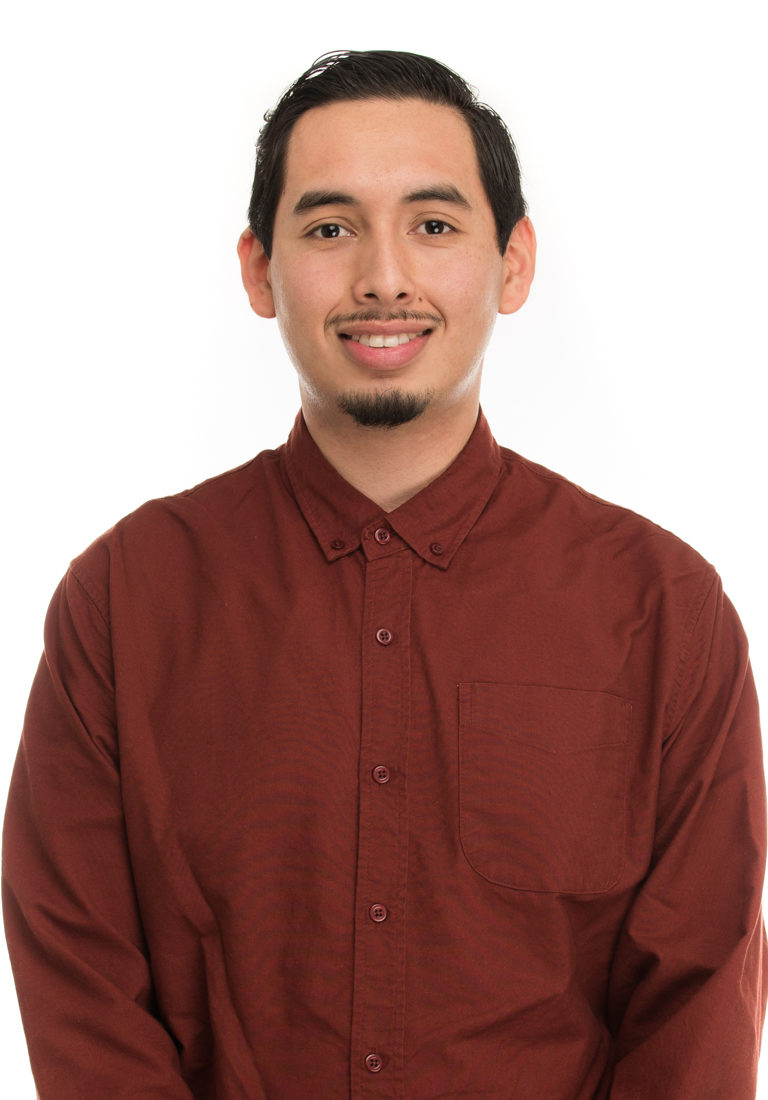
Francisco Bautista is working with multidrug-resistant bacterial strains at the nonprofit Los Angeles Biomedical Research Institute. “Individuals can be infected with these drug-resistant strains, and when this occurs, it becomes difficult to treat these patients,” says Bautista, a RISE student studying biology and microbiology; he graduates in 2019 and will enter the Ph.D. program in biomedical sciences at University of Texas Southwestern.
“Often, these strains can be fatal. Identifying possible treatment can aid in patient recovery and survival. My work revolves around antibiotic treatments that can potentially be effective against these bacterial strains.
“One of the most compelling parts of doing this research is the satisfaction that I’m giving back to science and the feeling that what I am doing can potentially be vital in future treatments.”
The progression and ups and downs of scientific research have been an intriguing journey for Bautista. “Researchers aim to understand a problem that has yet to be answered,” he says. “Some of the things that seem practical can be easily disproven by experiments and lead to puzzling problems that give you satisfaction when you finally solve them.”
Maximizing Access to Research Careers and Undergraduate Student Training in Academic Research
The MARC and U*STAR programs support six honors-level students underrepresented in the biomedical and behavioral sciences and prepare them as competitive entrants in Ph.D. programs. Trainees received a monthly stipend and participate in activities that strengthen their math and English skills, writing workshops, career development, summer research training, and a research seminar series.
Life After Exoneration
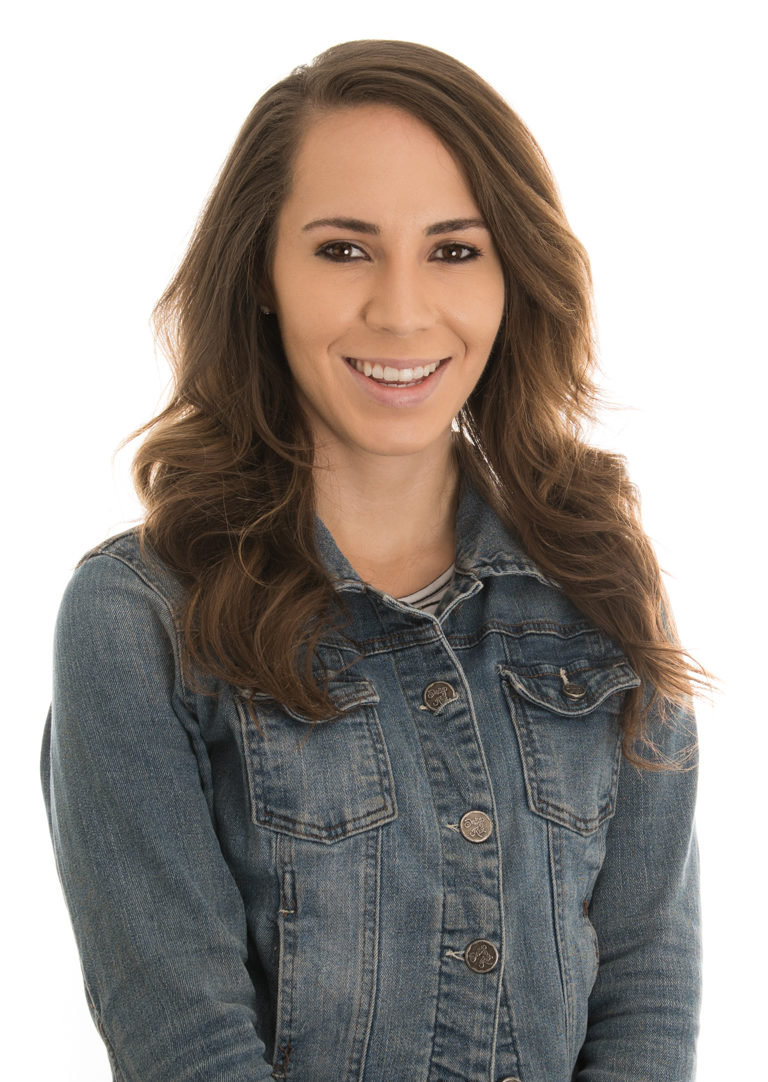
Christian Marie Harms seized the opportunity to take part in lab research on the causes of wrongful conviction with her mentor, Assistant Professor of Psychology Heather Butler.
“While I was immediately interested in this project, I found myself wondering how these individuals fared after exoneration of their wrongful convictions,” says Harms, a MARC U*STAR student majoring in psychology. This curiosity led her to become the lead researcher for a study, “Life After Exoneration: Employer Perceptions of the Wrongfully Convicted.”
Harms studies employer perceptions, she says, “because we know that financial hardship is one of the leading problems reported by exonerees.” Much of her research is conducted online using specialized search tools.
“One of the most interesting things I have discovered is the prevalence of wrongful conviction within our justice system. The Innocence Project estimates that between 2 and 5 percent of all convictions are wrongful, which is truly astounding,” she says. Harms, who graduates in 2019 and has been accepted into the Ph.D. program in psychology at University of California, Davis, hopes her research into the experience of the wrongfully convicted will eventually impact their lives after release.
“This crack in our legal system is actually a mile-wide trench swallowing innocent citizens while allowing real criminals to walk free.”
Time, Discipline, Focus, and Independent Thought
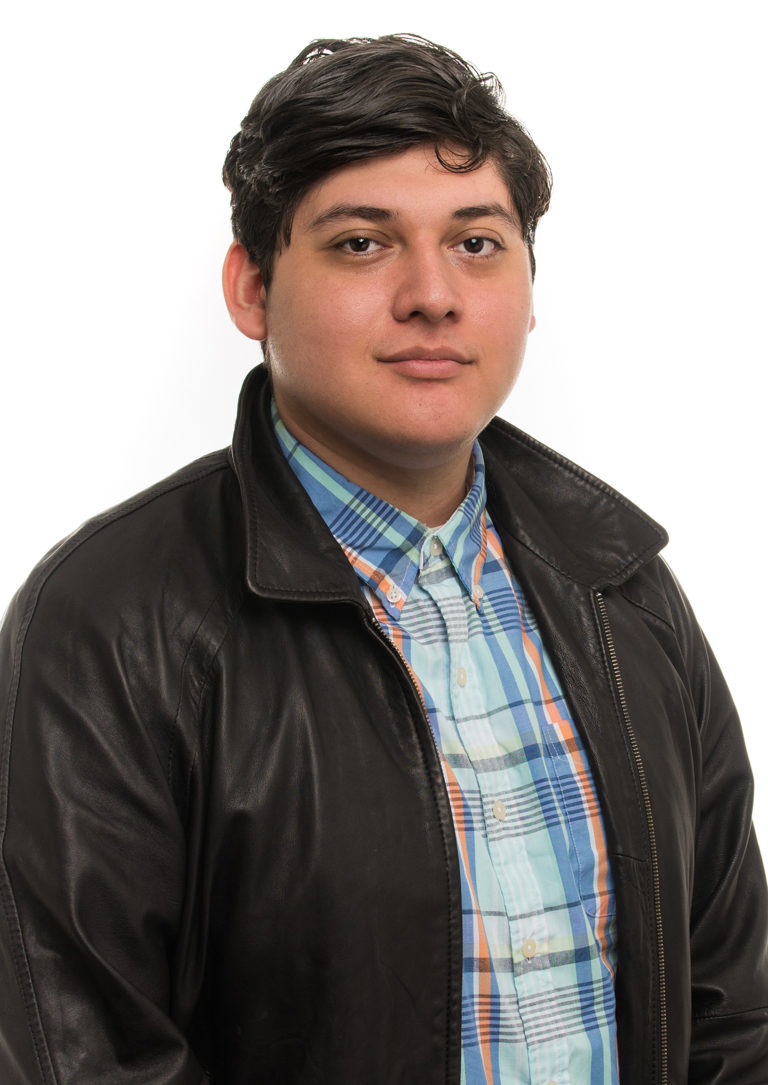
Aggressive forms of breast cancer have been reported to be more widespread and devastating to communities of color, especially to Latinos and African Americans, says Albert Barrios, a MARC U*STAR student and junior studying cellular and molecular biology.
“I believe that health issues concerning people of color are not being addressed, and being part of this research allows me to pull attention to this issue and advocate for allocating resources for this type of research,” says Barrios, who is focusing on the study of triple negative breast cancer in African Americans and will be attending the 2019 summer pre-medical scientist training program at the University of Minnesota.
“Within my work, I am learning the molecular mechanisms and interactions within mammary cancer stem cells and embryonic stem cells and their interactions with the host microenvironment using triple negative breast cancer cell lines from African American patients.”
By better understanding how mammary cancer and embryonic stem cells operate, he says, treatment alternatives may be more effective and efficient. “This allows us to focus our attention on issues, like breast cancer, that heavily impact African Americans the most.”
Barrios has also learned about patience and the long, careful processes that serious research requires. “It’s not easy to be part of a research community because it needs time, discipline, focus, and independent thought to participate and be critically objective to verify the science,” he says.
“Luckily, conducting a research project is a team effort, and people working together for a common goal is certainly fun and helps with [overcoming] obstacles when performing experiments and analyzing data.”